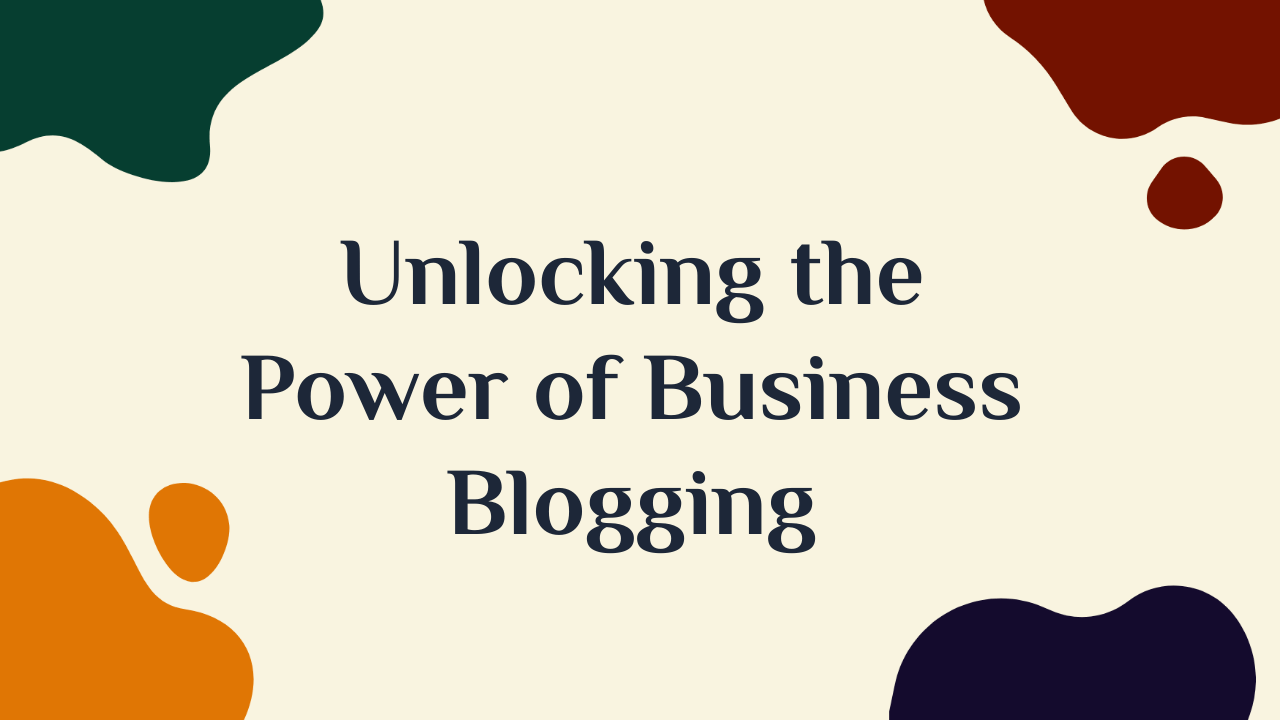Online Reputation - How To Protect Your Business?
Do You Even Have a Reputation?
Did you know that 79% of consumers trust online reviews as much as they trust personal recommendations?
Basically what this means is that if you wanna recommend say a restaurant or a dentist to a family member or a friend they would go online and look at the online review and trust that more than your personal word.
In today's digital landscape, online reviews have become a cornerstone of consumer decision-making.
Platforms like Google, Yelp, and TripAdvisor serve as modern-day word-of-mouth, where a single review can significantly influence a potential customer's perception.
This shift underscores the importance of actively managing and monitoring your online presence to ensure it accurately reflects your business's values and quality.

Why Ignoring Your Online Presence Is a Risk
So why is this important for your business?
Simple: if you’re not paying attention to what your company is doing online and what’s being said about you, you could be turning your back on loads of potential business.
Now did you know that Google, Yelp, Yell.com and many other popular online directories actually create pages for you without you knowing?
That’s right! I know that sounds crazy but think about it, every single time a new business is established, these directories go out and find all the information on these new businesses and create basic webpages for them.
Now you’re probably asking: why would Google create a webpage for my business if I haven’t asked them to?
That’s actually pretty simple as well. Google’s main purpose is to give users the best experience possible, and the only way to do that is to provide the best results when someone searches.
If you have a business in a local area, then it’s only right that Google try to show your business because you are relevant to that area and to what a user’s actually searching for.
These automatically generated listings are part of a broader effort by search engines and directories to provide comprehensive information to users.
However, the lack of direct input from business owners means that the information may be outdated or inaccurate, potentially misleading customers.
Claiming and optimizing these listings ensures that your business presents accurate information, such as current operating hours, services offered, and contact details, thereby enhancing customer trust and engagement.

The Danger of Unchecked Reviews
Here’s where the problem comes in: since Google creates these pages, as well as Yelp, Yell.com, and many other directories, your new, potential, and old clients, patients, customers, etc. have access to be able to not only view these webpages but they can actually comment on your business and what they think about your business.
Now can you see why this would be a problem?
Yeah, you got it!! Since your current customers can leave comments on these webpages, this also allows disgruntled customers the ability to leave complaints for the entire world to see.
So by having these negative comments online, your potential clients will see these and choose not to do business with you because of your online reputation.
Moreover, negative reviews can disproportionately impact small businesses, where each customer interaction carries significant weight.
Addressing negative feedback promptly and professionally not only mitigates potential damage but also demonstrates a commitment to customer satisfaction.
Engaging with customers' concerns can often turn a negative experience into a positive one, fostering loyalty and encouraging repeat business.
The Real Cost of Not Knowing
The worst part about all of these negative comments, and why it’s such an issue to know your online reputation, is actually because many business owners don’t realise that these webpages are out there.
So because owners don’t realise that these webpages exist online, they don’t realise all the negative publicity that exists out there for their business.
And because they’re not aware of these negative comments, they don’t understand the amount of business that they’re losing.
This lack of awareness can be addressed by implementing regular monitoring practices.
Utilising tools like Google Alerts, social media monitoring software, and review management platforms can help business owners stay informed about what is being said online.
Regularly auditing your online presence allows for timely responses to feedback and the opportunity to correct misinformation, thereby protecting and enhancing your reputation.
Ignorance Isn’t Bliss—It’s Bad Business
Now I don’t know about you, but the one thing I know for sure is that ignorance is no excuse for lack of success.
There is more than enough information out there nowadays, so you should be prepared to see what’s been said about your business.
The problem is most people are ignoring this situation, and because of it they are losing business every single day and don’t even realise it.

Reputation vs. Social Media: Know the Difference
To sum everything up, the reality of the situation is this: no matter what you may think, your online reputation can be the difference between you making money or your business closing. That’s a fact.
Now let’s make sure that we are clear on something.
I’m talking about actual online reputation management and marketing, real-life PR.
I’m not talking about some random social media package that many businesses offer, because they are not the same thing.
When most people think "social media," they think Facebook or X, TikTok, even Instagram.
However, when you’re talking about managing negativity online, you should be thinking about those things and more.
You should be thinking about websites.
You should be thinking about blogs.
You should be thinking about videos and an understanding of language and customer service to help you deal with these situations promptly and effectively.
These are things that social media as a package do not cover, and that’s where they fail.
Effective online reputation management encompasses a holistic approach, integrating public relations, customer service, and strategic communication.
It involves not only addressing negative content but also proactively building a positive digital footprint through content creation, customer engagement, and transparent communication.
This comprehensive strategy ensures that your business is represented accurately and favorably across all online platforms.
Make Reputation Management a Daily Habit
If you’re serious about wanting to grow a business in today’s market, then you are going to have to pay attention to your online efforts.
However, once you do pay attention to your online effort, you can’t stop. You have to consistently monitor everything.
Consistency in monitoring and managing your online reputation is key to long-term success.
Regularly updating your website, engaging with customers on social media, and soliciting feedback through surveys or reviews can help maintain a positive image. Additionally, staying informed about industry trends and customer expectations allows you to adapt your strategies accordingly, ensuring your business remains competitive and reputable in the digital marketplace.
Topic: online reputation


Want to know more about how our local SEO services can help your business?


